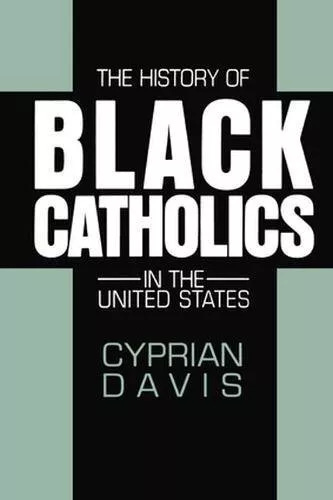Leo XIII and Catholic Black History
In the US, February is recognized as Black History Month. For us Catholics, it is essential to understand better the history of Black Catholics, the Church’s role in maintaining segregation, and the prophets in history who have helped us as Catholics recognize that we are all God’s people.
Leo XIII’s encyclical, Rerum Novarum, would come to overshadow two other important encyclicals from the same pope. One particularly theologically significant is “In Plurimis,” and its follow-up encyclical, “Catholicae Ecclesiae,” is also highly important. During a pivotal time in the Church’s history, Leo XIII changed the Church’s teaching on slavery, marking the first time the Catholic Church embraced abolitionism.
Like many aspects of the Church’s history, slaveholding was sanctioned by the Catholic Church. Investigate the history of Black Catholics in the United States and how many within the hierarchy, local pastors, and schools owned enslaved individuals. When Leo XIII condemned not only the slave trade but slavery itself on that significant day in 1888, he made history. The condemnations of slaveholding issued by Leo in 1888 and 1890 did not merely indicate a policy change—which would have been noteworthy enough—but represented a theological shift. What the Holy Office had proclaimed just a couple of decades earlier was “Not at all contrary to natural and divine law.
Many were struck by the Catholic Church’s change in teaching regarding slavery. Still, like all changes on paper, it takes decades to work their way into human minds. While that change raises critical theological questions about ecclesiology and doctrinal development, we must reject the temptation to jump straight to those questions without doing the hard and painful work of reckoning with this history.
Leo XIII wrote those two encyclicals at the US’s start of the Jim Crow Era. This period in American history began towards the end of Reconstruction and lasted until 1965, when the Voting Rights Act was passed.
A man inspired by Joseph Cardijn was Albert Nolan, OP, who was dedicated to instigating change and bringing racial justice to the forefront of the Church. As a priest, activist, author, and esteemed theologian, Nolan conveyed a powerful and uplifting message of hope, especially hope in fostering a non-racial, non-sexist, peaceful, and environmentally sustainable South Africa and the world.
Nolan understood the meaning of the Sermon on the Mount. He recognized that Jesus’s teachings convey that the kingdom of God is intended for all human beings in the present moment, regardless of race, ethnicity, or political affiliation.
“God is speaking to us in a new way today. God is speaking to us in the events and problems of our time. Jesus can help us understand the voice of Truth, but in the last analysis, we must decide and act.” ~ Jesus Before Christianity, Albert Nolan, OP
If you are unfamiliar with the history of black Catholics in the US, I highly recommend starting with Cyprian Davis OSB’s The History of Black Catholics in the United States.


